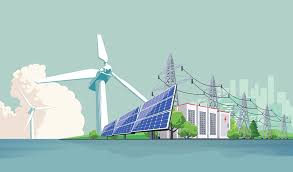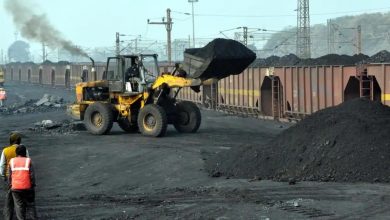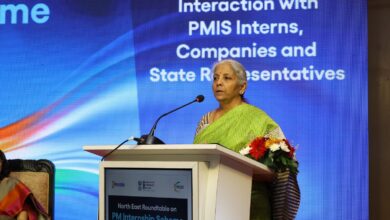Shifting G20 Fossil Fuel Spending Could Install Enough Renewables To Align With 1.5°C : IISD
As the current G20 president, India can confidently demonstrate global leadership in this area

In 2022, G20 members spent USD 1.4 trillion to support fossil fuels and could raise an additional USD 1 trillion per year by establishing a carbon tax floor of USD 25–50/tCO2e. These funds could help solve some of the most pressing global issues, according to a new report released today.
G20 members provided a record USD 1.4 trillion in public money to support fossil fuels in 2022, according to the study Fanning the Flames: G20 Provides Record Financial Support for Fossil Fuels by the International Institute for Sustainable Development (IISD) and partners. That amount—which includes fossil fuel subsidies (USD 1 trillion), investments by state-owned enterprises (USD 322 billion), and lending from public financial institutions (USD 50 billion)—is more than double the pre-COVID-19 and pre-energy crisis levels of 2019.
These figures are a stark reminder of the massive amounts of public money G20 governments continue to pour into fossil fuels despite the increasingly devastating impacts of climate change.
Tara Laan, Senior Associate at IISD and the lead author of the study said- “The G20 has the power and the responsibility to transform our fossil-based energy systems. It is crucial for the bloc to put fossil fuel subsidies on the Delhi Leaders’ Summit agenda and take meaningful actions to eliminate all public financial flows for coal, oil, and gas.”
However, as a priority, under the Indian presidency Global Biofuels Alliance (GBA) is going to be launched at the upcoming G20 Leaders’ Summit in New Delhi. It aims to impact the global energy architecture and achieve net-zero emissions with an objective to develop a global biofuel market and to promote the use of sustainable biofuels.
The researchers found that G20 members could raise an additional USD 1 trillion every year by setting minimum carbon taxation levels of USD 25–75/tCO2e, depending on country income. They warn that taxes on fossil fuels in G20 member countries currently do not reflect their costs to society—averaging just USD 3.2/tCO2e across the G20—with many members failing to impose windfall taxes on record profits that fossil fuel companies gained last year at the peak of the energy crisis.
The authors recommend that G20 members set a clear deadline to eliminate fossil fuel subsidies—2025 for developed countries and 2030 at the very latest for emerging economies—to deliver on their 2009 commitment to reform subsidies.
IISD experts highlight that As the current G20 president, India can confidently demonstrate global leadership in this area, having reduced its fossil fuel subsidies by 76% from 2014 to 2022 while significantly increasing support for clean energy.
Shifting fossil fuel spending could help solve key global problems Experts note that shifting less than a quarter of the USD 2.4 trillion generated from subsidy reform and carbon taxation could help close the wind and solar energy investment gap — USD 450 billion per year until 2030—to limit global temperature rise to 1.5°C, with public support leveraging additional funds from private investors.
It could also be used to help end world hunger (USD 33 billion/year), provide universal access to electricity and clean cooking globally, in ways aligned with net-zero emissions (USD 36 billion/year), and close the climate finance gap that developed countries committed to mobilize for developing nations (USD 17 billion/year).
The study emphasizes the active role that needs to be played by state-owned enterprises, which dominate the energy landscape in many G20 member countries and avoid the risks inherent in continued investments in fossil fuels, such as stranded assets.
“With fossil fuel companies gaining record profits amid the energy crisis last year, there is little incentive for them to change their business models in line with what’s needed to limit global warming. But governments have the power to push them in the right direction,” Laan said.
The writer of this article is Dr. Seema Javed, an environmentalist & a communications professional in the field of climate and energy




